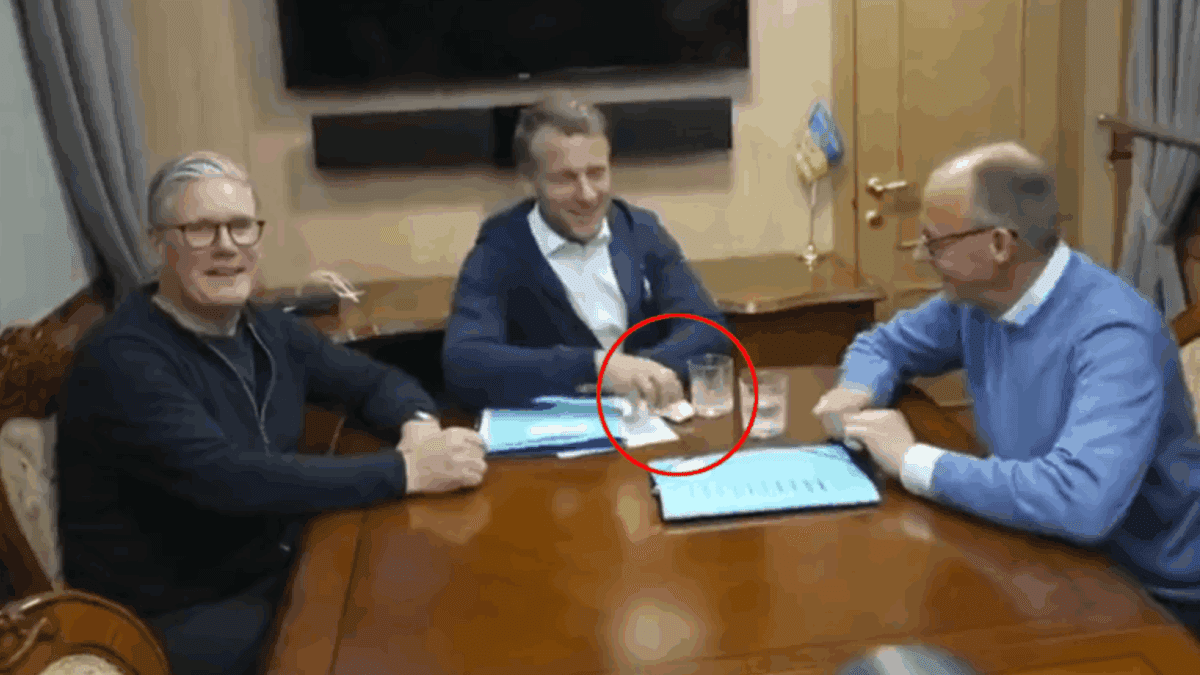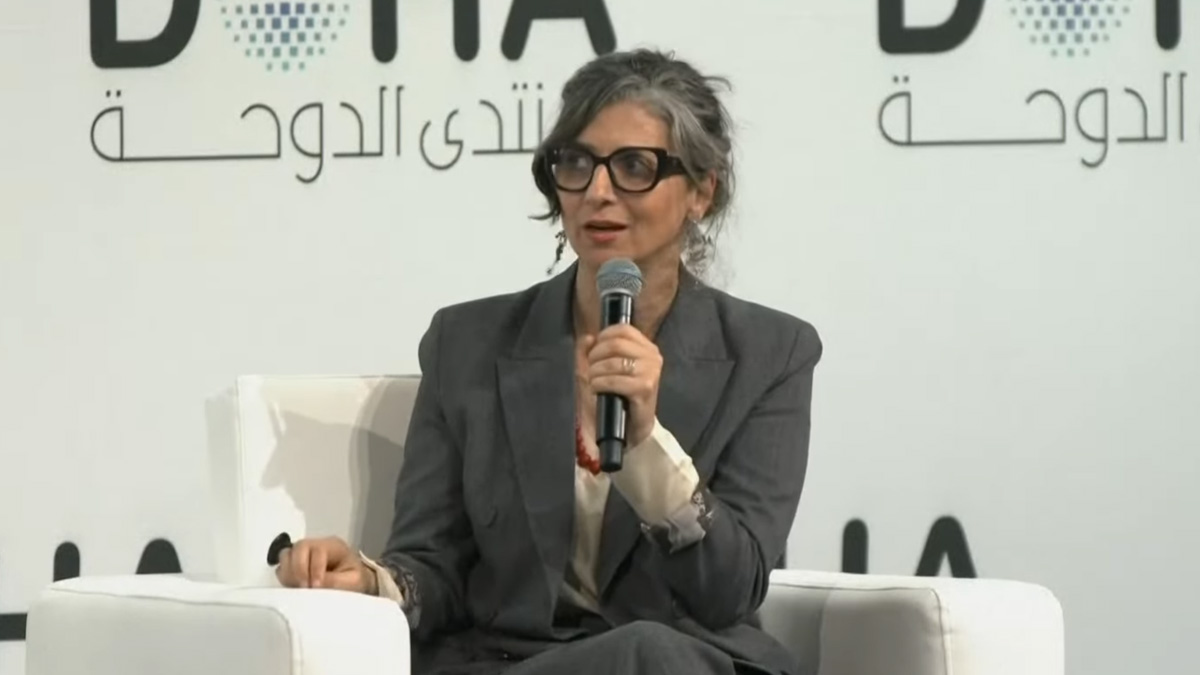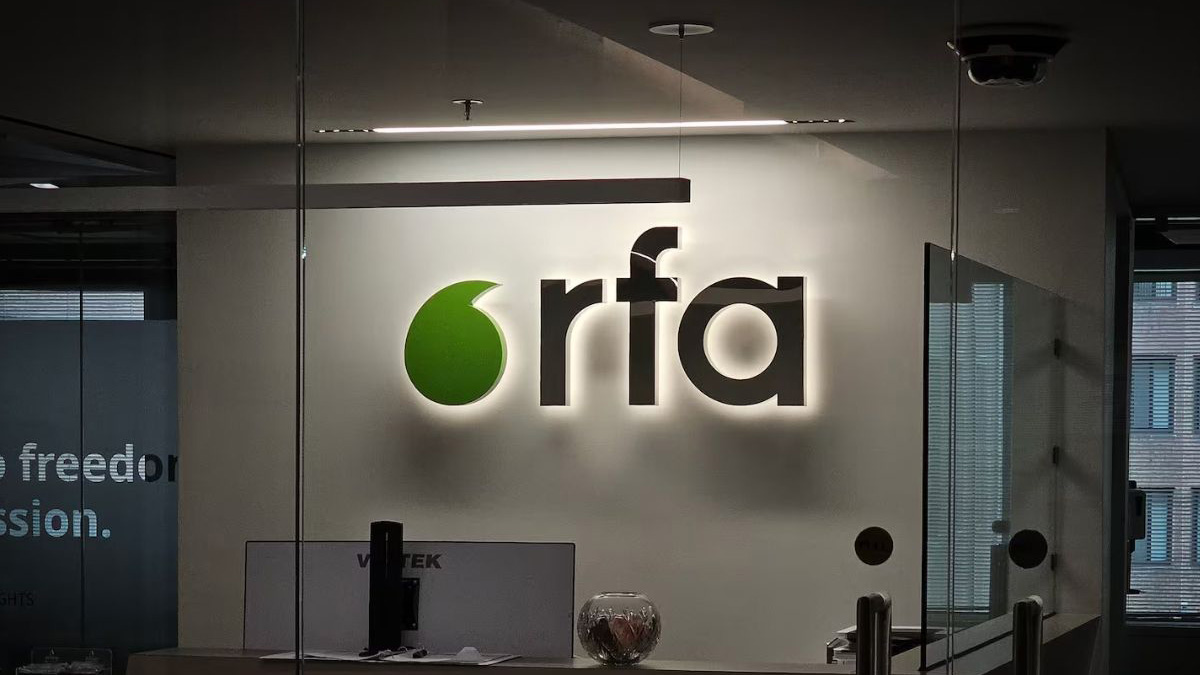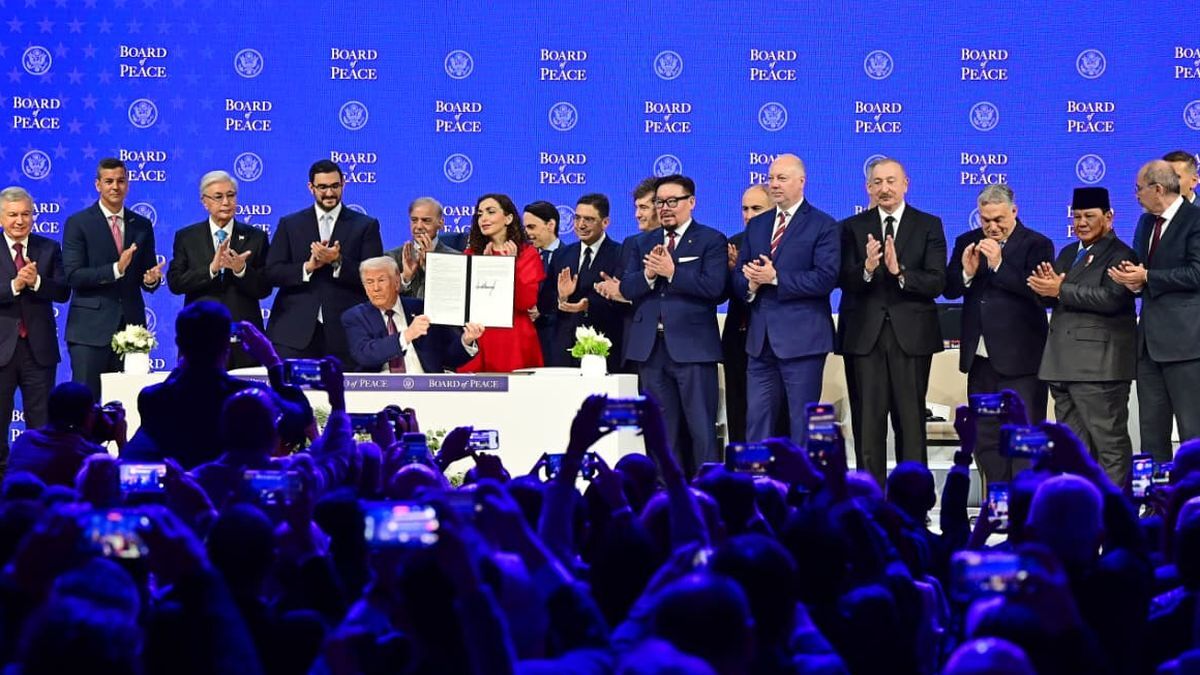Macron’s office rejects drug claims, blames disinformation campaign
President Emmanuel Macron’s office has denounced viral allegations that he and other European leaders used drugs on a Kyiv-bound train, calling the claims disinformation spread by France’s enemies. The footage in question showed Macron handling what the Elysee confirmed was simply a tissue.

- Viral footage showed Macron on a Kyiv-bound train, prompting baseless claims that he and European leaders used drugs.
- The Elysee clarified the object in question was a tissue and denounced the claim as disinformation.
- France and Germany accused foreign actors, particularly Russia, of spreading rumours to undermine European unity.
The office of French President Emmanuel Macron has dismissed allegations circulating online that he and other European leaders were seen with drugs while travelling by train to Kyiv, calling the rumours a deliberate disinformation campaign.
Video triggers rumours
The controversy stemmed from a video posted on social media, showing Macron in a train compartment with German Chancellor Friedrich Merz and British Prime Minister Keir Starmer.
In the footage, Macron removed a crumpled white object from the table. Some online users speculated, without providing evidence, that the object was a bag of cocaine.
Russia’s foreign ministry spokesperson Maria Zakharova reposted the clip and amplified the suggestion.
Elysee: “This is a tissue”
Macron’s office quickly rejected the claim. In a statement posted on X, the Elysee confirmed the object was simply a tissue.
“When European unity becomes inconvenient, disinformation goes so far as to make a simple tissue look like drugs,” the office wrote, sharing a photo of a tissue captioned: “This is a tissue. For blowing your nose.”
It added: “This fake news is being spread by France’s enemies, both abroad and at home. We must remain vigilant against manipulation.”
The Elysee did not specify which actors it considered responsible for the smear.
Germany echoes rejection
A German government spokesperson also dismissed the allegation.
“We reject this absurd claim,” the spokesperson told Reuters. Merz’s Christian Democratic Union (CDU) party issued its own statement on X, writing: “It is indeed just a tissue.”
The CDU further warned that “many sides are currently trying to influence public opinion through disinformation campaigns. Enemies of our democracy are specifically trying to weaken European unity and social cohesion.”
Visit to Ukraine
Macron, Merz, Starmer, and Polish Prime Minister Donald Tusk travelled together by train to Kyiv on Saturday to meet Ukrainian President Volodymyr Zelenskiy. The visit was intended as a show of European solidarity with Ukraine, more than three years after Russia launched its full-scale invasion.
Russia’s amplification
In a mocking post on Telegram, Zakharova wrote: “As in the joke, a Frenchman, an Englishman and a German boarded the train and … got high. Apparently, so much so that they forgot to remove the accessories (a bag and a spoon) before the arrival of the journalists.”
Her remarks aligned with a broader pattern of Russia-linked accounts promoting narratives aimed at undermining Western leaders and fracturing European support for Kyiv.
France’s disinformation watchdog
French authorities have in recent years stepped up efforts to combat such influence operations.
The Viginum agency, a watchdog created to track foreign disinformation, has focused on uncovering Russia-linked online activity targeting France and its allies.
French officials also warn of collaboration between Russian propaganda networks and online communities linked to the American far right.
“Our public debate is bombarded with Russian propaganda, relayed by the American far-right,” French foreign minister Jean-Noel Barrot said in a post last week.
Broader stakes
The incident highlights how misinformation can rapidly spread online, particularly when fuelled by official voices.
For Paris, the episode is also a reminder of the risks facing European unity as leaders work to maintain support for Ukraine amidst ongoing conflict.
By seeking to cast doubt on the personal integrity of key leaders, analysts note, disinformation campaigns aim to erode trust and shift focus away from policy decisions.







